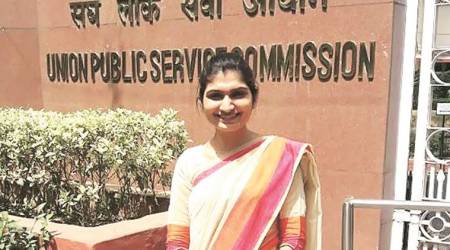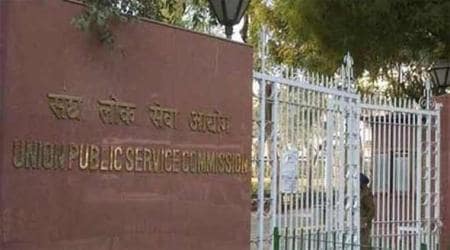 Kher got rank 420. Express
Kher got rank 420. Express
Ever since she was a child, Ummul Kher (28) wanted to become an IAS officer. Despite facing more hurdles than most, she did not let go of that dream, getting an all-India rank of 420 to clear the UPSC exam.
Born into a conservative family that did not believe in educating girls beyond Class VIII, suffering from fragile bone disorder, which led to 16 fractures and eight surgeries, and economic hardship that forced her to stay in a jhuggi: These are just some of the struggles Kher had to face on her way to the remarkable feat.
The PhD scholar from Jawaharlal Nehru University is now more focussed than ever to realise her dream of doing “social work and touching people’s lives”. Originally from Pali in Marwar, Rajasthan, Kher’s family shifted to Delhi when she was five. They stayed in a slum near Nizamuddin, where her father sold clothes as a street vendor.
“In 2001, the area was demolished and we moved to Trilokpuri slum. Once I completed Class VIII from Amar Jyoti Charitable Trust, my family decided I need not study further,” she said. Read | UPSC Civil Services exam 2017: Disowned at 14, born with fragile bone disorder, Ummul Kher bags rank 420. Click here
“Ours is a conservative family. They believe that studying till Class VII is more than enough education. Girls don’t need to study more, and if they go out, woh bigad jayengi. All these misogynistic opinions prevalent in our society were also present in my family’s outlook. They said I should learn some tailoring work. When I insisted, they said they would send me back to Rajasthan. That was the reason I had to prove that I will continue my studies,” she said.
Kher then moved out of home and into a rented accommodation in Trilokpuri. She sustained herself by offering tuitions for eight hours a day to slum kids. Backed by a trust that funded her education, Kher completed her Class XII with 91 per cent and went on to do Psychology (Hons) from Gargi College, and then MA in International Studies from JNU. Yet, UPSC remained her dream.
“I was giving tuitions for eight hours, so to dream of IAS was not possible at that time. So just to give oxygen to my dream, I continued with my education, thinking ki jaise hi mauka milega, main exam mein baith jaungi.”
The mauka came when she started getting the Junior Research Fellowship of Rs 25,000 per month and no longer needed to spend hours giving tuition.
Despite cracking the IAS exam, Kher said she will complete her PhD from the Centre for Russian & Central Asian Studies. “I will submit my synopsis and then de-register for the time being. During training, I will continue to work on my PhD which will most probably be on ‘gender and disability in Russia’,” she said.

